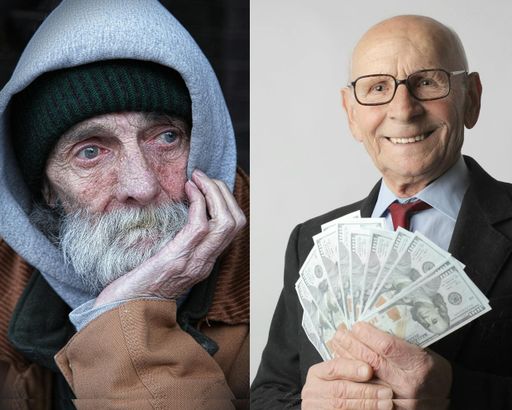The pandemic and the explosion of wealth: Who profits, and who loses?
The Corona pandemic has made the rich super-rich, and at record speed. For the first time in 25 years, extreme wealth and extreme poverty have increased again. The world's five richest men, Elon Musk, Bernard Arnault, Jeff Bezos, Larry Ellison, and Warren Buffet, have more than doubled their wealth since 2020 - while they had 405 billion US dollars at their disposal in 2020, they can now rejoice the increase of their wealth to 870 billion. Due to the extreme rise in food and energy prices in 2022, billionaires have become even richer - 95 percent of global food and energy companies have more than doubled their profits in 2022, earning 282 billion euros, while the majority of people did not know how to pay for food and energy.
Impoverishment and inequality: Who counts as the losers?
So, the rich are getting richer and the poor? Yes, they are getting poorer again - over the same period since 2020, hundreds of millions of people worldwide have slipped into extreme poverty. But who is considered poor? Measuring poverty is difficult, everyone perceives poverty differently. According to the World Bank, people are extremely poor if they have less than $ 2.15 a day at their disposal. And who is considered rich? Where wealth begins is not scientifically well-defined. But what's clear is that wealth is primarily male. Poverty, on the other hand, often affects women because they frequently work part-time and are employed in traditionally low-paid female professions.






